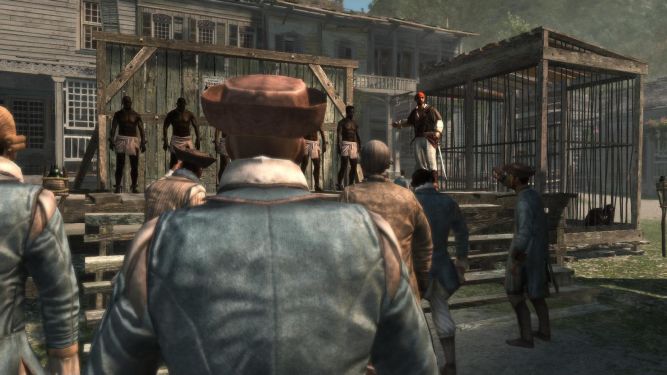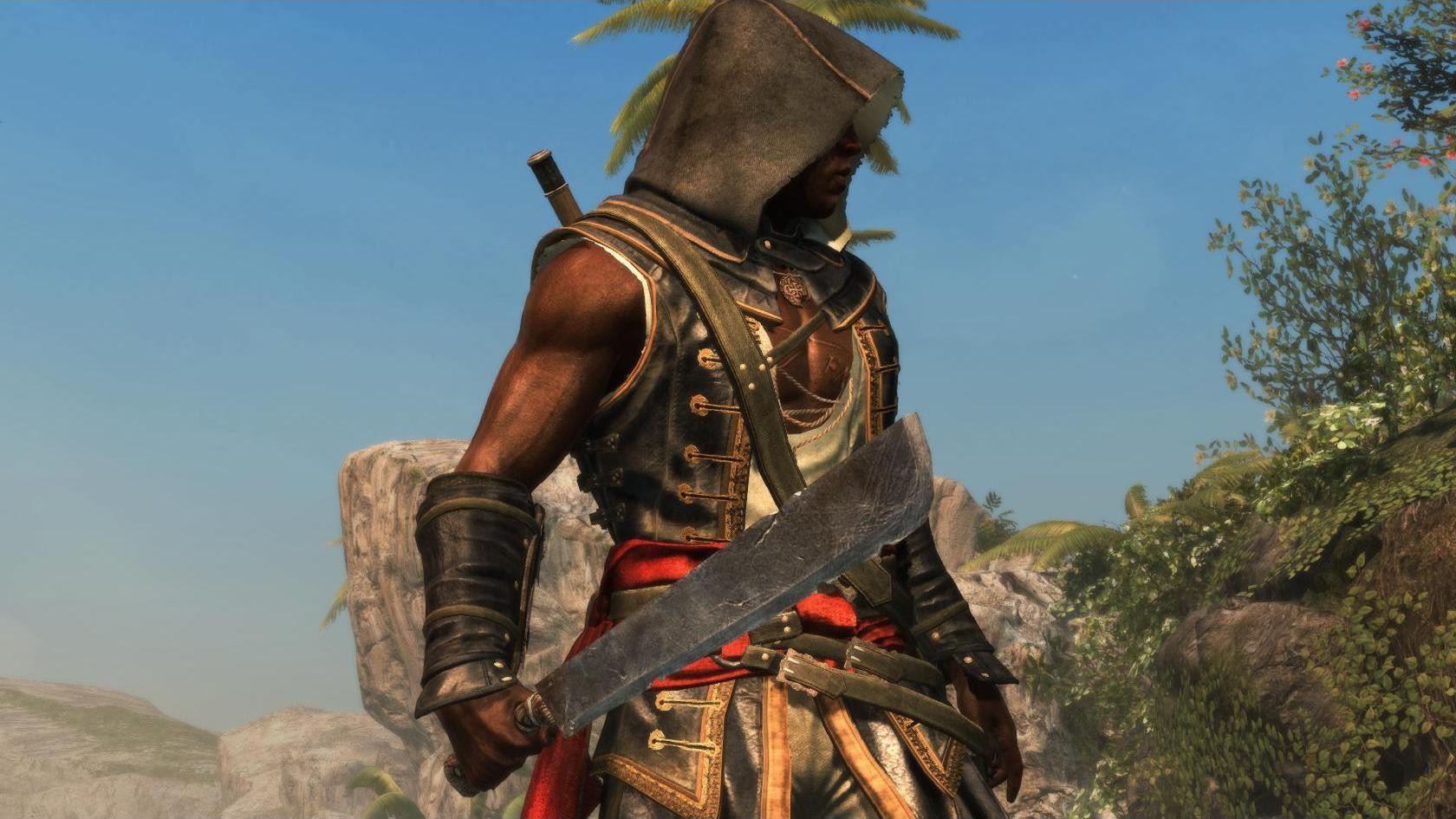

There are few distractions in the world, and it only took me an extra hour to see most of what the West Indies has to offer. But Freedom Cry's relatively compact map confines us to the main story. Black Flag managed to combat the fatigue of Assassin’s Creed’s repetitive tail-and-stab missions by allowing us to freely explore a massive world and create our own adventures. I quickly realized that I wasn't saving them for the upgrades - I was saving them for me.ĭespite Freedom Cry's much-improved story and dense setting, it still stumbles over the problems that have plagued the series since its beginning, and even some that seemed to have fixed. Sadly, the men and women you save only seem to exist to help you unlock character upgrades at predetermined intervals.

As I watched my resistance movement slowly grow, I kept expecting the number to eventually come into play in some sort of massive revolution mission where we overthrow the island's corrupt leaders. My main gripe with the liberation mechanics of Freedom Cry is that they don't ultimately pay off in a rewarding way.

It might be a bit unsubtle on Ubisoft's part, but I felt compelled to continue liberating slaves and adding members to my growing resistance. No matter if it's a runaway being hunted down, a pair of disobedient slaves being whipped, or the auctioning off of a family, I always felt an intense moral pang to stop what I was doing and step in to right these horrors. Most of the sidequests and diversions you'll stumble across involve saving the life of another human being. Sure, the villain is a two-dimensionally evil governor who revels in the misery of his subjects, but that made me want to throw a wrench in his plans all the more.įreedom Cry wisely integrates its story themes with the actual gameplay. Experiencing the new sights and sounds of Port-au-Prince was great, as the city has a unique feel compared to the main hubs of Black Flag. There's some real humanity in this journey, and it manages to hit notes that resonated quite deeply with me. Adewale's mission to liberate the slaves of Port-au-Prince while attempting to spark a revolution is as engrossing a tale as the series has seen since Ezio's trilogy.


 0 kommentar(er)
0 kommentar(er)
